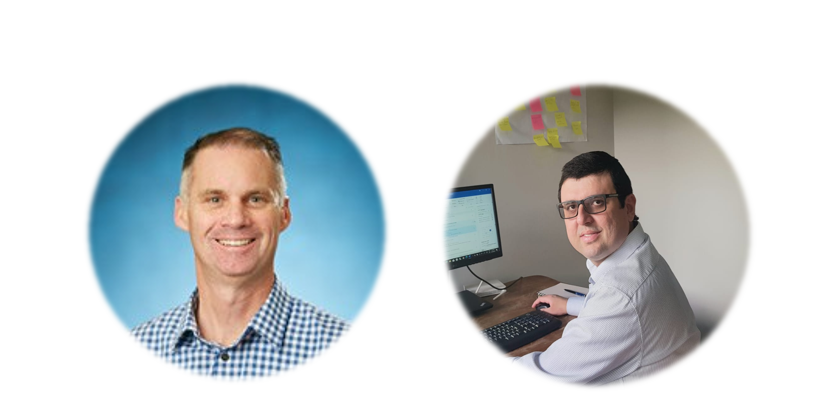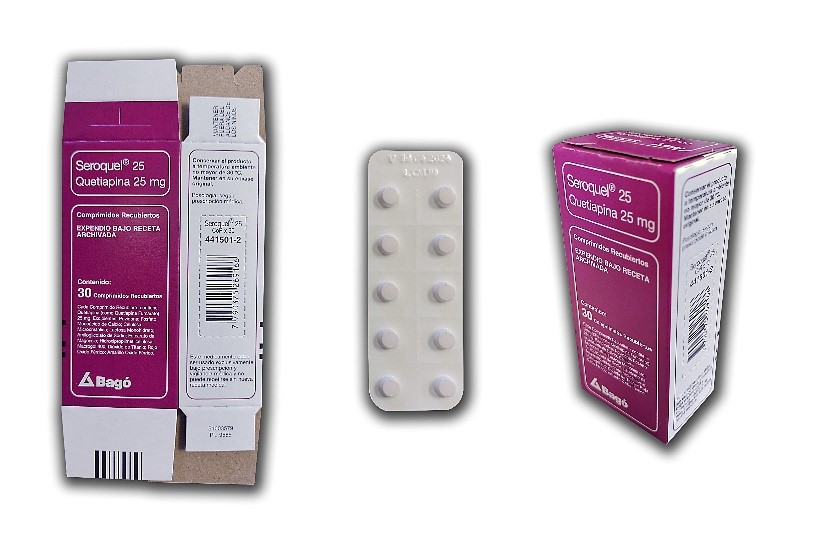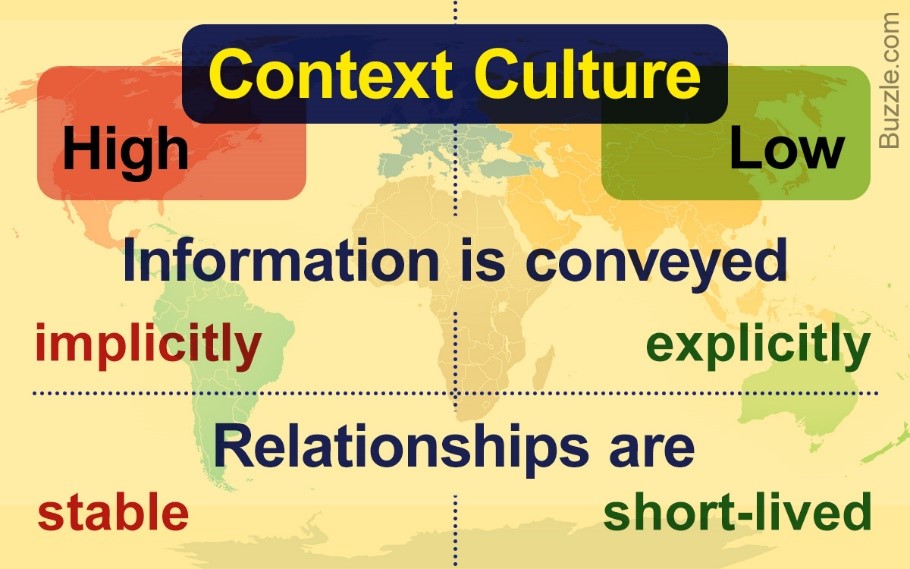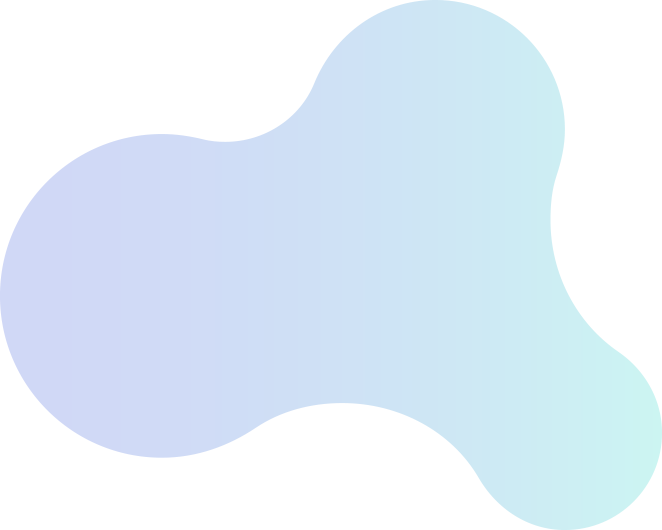
Scan the QR
to read the magazine on mobile phone
Editor’s Note:
In 2020, Luye Pharma and Bago, an Argentine pharmaceutical company has reached to a collaborative agreement to co-develop Seroquel business in Argentina. The partnership covers local packaging and gradually phase in local manufacturing at a later stage. Recently with the joint efforts from Luye Pharma, Bago and AZ UK, Luye has completed the change of supply chain- from the supply of finished goods to bulk tablets, as well as local packaging. This month, we invited two key members from the project team, Michael Scully, U.S. Commercial Director of Luye Pharma International and Marcos Paula, Regional Commercial Manager of LATAM to share with us the background story of this complicated international project.

Michael Scully, U.S. Commercial Director of Luye Pharma International and Marcos Paula, Regional Commercial Manager of LATAM
Q: Thank you, Michael and Marcos for taking this interview and congratulations on the success of the bulk project in Argentina. To start with, can you give us a brief background information on this project?
Marcos: Argentina is one of the most competitive markets in Latin America, and the economy has suffered a lot due to the crisis. I can give you an example, 2 years ago the exchange rate was 1 dollar=20 peso, but now the exchange rate is 1 dollar=100 peso, the currency has devaluated by 5 times. We had issues with the stock out as well. Based on the situation, we have identified the best solution would be mitigating our losses as the first step. Second, incentivize our local partner to invest and to drive the business. Originally we buy products from AZ in US dollars, but our revenue was in local currency, which has caused losses to our margin due to the devaluation of currency. We split the project in 3 phases: phase one, we change our supply price from local currency to U.S. dollars in order to protect ourselves for further devaluation. Phase 2 is the bulk project, which is the main topic of this interview. It means instead of import finished pack from AZ U.K., we will import tablets from AZ U.S., and do local packaging by our partner Bago. Phase 3 will be started in 2 years, which is the local manufacturing, we will manufacture tablets directly in Argentina through our partner.

Local packaging by Bago
With the completion of the bulk project, we have created better margin for both sides, especially to Luye. It can protect us from the crisis, and our partner can be motivated to invest. As I mentioned we had a stock out before, which is very dangerous especially when you have a lot of competitors, and now we had a stock up early last year. I think the best outcome is, we get the best margin in the last 4 years.
Michael: Yes, we used to go from margins of 60 %, and then the devaluation of the currency brought it back down to 20-25%. But now we are almost back to 60+% margin. That was the major reason for shifting over to the bulk tablets and manufacture locally, because it would help with their costs since the importation of bulk tablets versus finished goods from AZ is a lot cheaper for us.
Q: What do you think the significance of achieving this milestone?
Michael: The major reason is that since Yantai will be one of the major manufacturing facilities for global business of Seroquel. We would be able to ship that over from AZ by having this partner Bago in Argentina. Now both packaging going into secondary packaging and then we're going to see if we can get a move straight to API with manufactured product within market. It gives us an opportunity to have a secondary supply. Not only for Argentina, but the goal really with the bulk is that if we can reduce our COGS to a significant point, and then be able to use Argentina and Bago as a way to supply the market. So it's basically like creating a secondary manufacturing option for us.
The other area that we tried to think about was Mexico and Taiwan may not be able to have products supplied by China. Bago could be a cost effective alternative to being able to bring product in where China may not be able to supply.
Looking at LATAM as a business case, if you can find regional packaging within your areas, that may be a cost effective way to be able to move us into that places where margins is being hurt into something that's going to actually help us quicker than Yantai before that facility is coming out.
Q: What is our next-step plan in Latin America?
Michael: Manufacturing is as a big component with the bulk packaging. We have four deals that we're looking to develop and will be closed by this year. I think if you looked in the past, there were no deals really happening when Marcos and I first came in here. We were working on Seroquel business, but now we've restarting to patch business and we're looking at 3005 now.
Q: Talking about Latin America market, we know that it is an emerging market and also a key focus of Luye pharma. Could you please briefly introduce about the features of this market. What are the challenges we have in this market?
Marcos: When it comes to the pharmaceutical market, Latin has one of the most vibrant shared markets. Markets like Japan, Europe and United States are bigger but stable. For international business, Latin America would offer a very good opportunity because they are growing a lot. Countries like Brazil has achieved high single digit growth. Because there are a lot of local market needs, the population is huge and the life quality is improving. That’s why the pharmaceutical markets in Latin America's growing. So it's a good opportunity if you want to expand your business.
The other thing is the regulatory and tax environment which is quite complex. There are a lot of generics developed by powerful local companies. That is why it is very difficult for us to pinpoint the target, partner and best strategy. I think we're in a good shape especially with the bulk product, we could solve a big issue that we had in our hands. This is the right direction.
Talking about Argentina in specific, this is a country with high-context culture. In terms of communication, they pay more attention to what you say rather than your actions. Argentines are more rely on interpersonal relations, they are not that straight-forward like the British or Americans. This kind of high-context culture is quite similar to China. Therefore, when you do business in Argentina, you really need to focus on developing interpersonal relations, otherwise you will not be able to understand what they say and what they do.
Michael: Latin America is one of those places where you have to invest time and people to make an impact. You have to get to know certain partners that understand the markets in each one of the countries. We have established collaboration with Moksha8 for Brazil and Mexico and also long-standing relationship with Bago. They understand these markets very well. They can help us navigate them, as Marcos has mentioned the regulatory environment and these countries changes based on government changes. When you bring products from the outside into Latin America that were not developed in Latin America. You need expertise from local commercial partners that can help you to get a better foothold within Latin America as we are working on the market transition to Luye. It's a complex market, which takes significant amount of time and energy to understand them. And then once you do, you can start to make some real progress, which we're showing.

Q: Teamwork is something we always talk about, especially when it comes to international project like this one, so how do you think about the teamwork during this project?
Michael: Janet was a real big help as far as project management. Bago as a partner helping us to be able to import and do all the quality and testing. And also the cooperation from AZ UK, we have weekly calls with AZ as well. Originally AZ UK stated that we probably won't achieve this within 3 or 4 months, and it actually took us almost a year to get bulk products shipped into Argentina, because they had to create an entirely new process with Luye and AZ. Because at that point, there was no one else doing bulk tablets. It was all finished goods.
We spent a significant amount of time working with AZ UK just to get our internal systems function properly and then pulling Bago into the process to be able to accept the orders. It was really significant amount of efforts from different functions including finance, supply chain, manufacturing, regulatory, and PV.
Marcos: I think it was a nice achievement when it comes to teamwork, because we have overcome some interesting issues. First is the language, because most of the people in this project do not speak English. So we have to overcome the language barrier. The times on. So it's a lot of our difference. So each other you should do. Second it the time difference, sometimes we have to communicate with people at night or in the early evening like what we are doing right now. Third is the culture difference, we have AZ UK, Luye and Bago representing different cultures. We are able to harmonize it and somehow achieve the timeline and the key objectives.

Also I think the team had a very good sense of urgency so we could implement the project smoothly. This is very important, especially when you have a lot of differences as I mentioned just now. This is a highly complex product with a lot of details, but the team was able to work together with the same understanding to achieve the deadline. I think it is a very good teamwork.
Q: What do you think the biggest Challenge during the process and how do we manage to overcome the challenge?
Marcos: We implemented this complicated project 100 % remotely. Because of the pandemic, we could not travel to Argentina, so that was one of the biggest challenges. The second one is AZ; they are a little bit reluctant to work on a not business as usual project. As Michael explained, AZ has to set up the internal system. So I think it was a big challenge. And in both cases, I think we were able to overcame these challenges, is because of the support from senior management teams of both sides, so that we are able to get AZ engaged in the project. In terms of teamwork, I think the internal team was very engaged with a good sense of urgency, that’s how we can complete this complicated project.
Michael: I think one of the biggest challenges was the timeline. Because we have promised Bago that we would get it done by Q1 of this year, and it actually had to go into Q2. We got the tablets shipped a little bit earlier. But if the team wasn't in sync, there is no way we would be able to get bulk tablet shipped by the end of June. It was real testament to the team to be able to keep on the timeline. It was almost like 2 to 3 weeks of time that we saved which helps with our margins.
Q: What do you think the most important thing to have a successful teamwork?
Michael: I think constant communication is probably the key. We need to speak with the team on a regular basis and also incorporating AZ UK to that. And also a very good project plan is very important, pull together with the timeline to identify the goals and objectives of milestones that we need to achieve, and working through that on a regular basis with the calls. I would say Marcos is really instrumental in that and helping with these calls to go through a checklist to see where do we stand with regulatory, quality, supply chain, manufacturing, the shipping process.
Marcos: I think engagement and empowerment. We have to track every key action and engage people from different sides. We have to keep intensive follow-up, because a lot of people and actions are engaged, and you might get distracted. Our team members know everything that they need to do. So we were always open to support the team. I think it's very important for a successful team work. And because by the end of the day, we are talk about sense of directions, which means what we need to do when we need to do and where we need to do. I think we had a good sense of direction.
Q: If we look back at this project, and what do you think the capabilities the team has improved through the project?
Michael: Because eventually we will transfer the entire manufacturing business over to Yantai from AZ. So I think we started to touch on what that process looks like of doing a full change. Because as we went from finished goods now from to bulk tablets and supply from AZ, which was within the AZ supply agreement. But to get that achieved, you have to do a lot of internal work and also a lot of external communication with AZ and also our partner to pull that together.
Now I think this started like the foundation for that process. I think we got our feet running a little bit or just our processes in order to do that internally. But also, we created a secondary supply chain for us in a market that can help to supply other businesses within LATAM region and potentially regions outside of LATAM. So I think we definitely help with starting the ball rolling as far as the capabilities as an organization to be able to transition these products from an external partner to us.
Marcos: I think we have developed better understanding of Argentina market. I'd like to emphasize again that we implemented this complex project remotely with no delay. It's very important, because remote working will be more common than in the past. I think everyone is learning in the process of doing work. And we have also developed implementation skill through follow-up, engagement and so on. I think we still have space to improve more and we are working on that step by step, this will benefit ourselves since we are planning to expand to other countries.
Q: If we take this project as an example, do you think any area we can further strengthen to achieve targets in the earlier faster and better way in the future?
Michael: It's a great question. We need to bring more innovation and speed to these projects. I think in the beginning, we underestimated the amount of time the project was going to take. So by having a really strong project plan, having a really strong team and a lot of communication, we are able to mitigate a lot of risks, because the risk could have been a 12 to 18-month time frame to get this achieved, and we're able to do it in about 9 months.
Now, with the business development deals we're looking at in LATAM. We just understand now, the regulatory pathways and some of the ways to speed up the commercial agreements, the processes to rely on our commercial partners in market to be able to help us achieve that. So it's building internal knowledge helps to build the innovation and the speed, but also relying on strong commercial relationships like Marcos was saying within the region has really helped us to build our capabilities, but also understand how we can use those capabilities for other projects coming in the future.
Marcos: This is a challenging question. I think good sense of prioritization is needed. We made some decision to choose this product as priority. It helps a lot, because we can align our effort in one direction. We need to maintain our improvement in this area since we are a lean company. We have a lot of opportunities; we need to choose the right one at the right time. Secondly, we have some other projects waiting to be initiated. We have to enhance our capabilities to have better implementation and intensive follow-up. We need to bring the experience in Argentina to other markets like Panama, Columbia and others. I fully believe that we can improve more and achieve the company’s expectation in a faster earlier and better way.
Afterword:
The completion of local packaging project in Argentina is a stage success which can further strengthen Luye Pharma’s competitive cost advantage in the local market, and expand to other LATAM markets in the near future. Against the backdrop of the pandemic, all project team members successfully completed this complex international project remotely despite all the challenges. When I was preparing for this interview, I have also received feedbacks from other key stakeholders of this project, who have shared their thoughts, which can be inspiring to other international projects in the future.
Man Chow from Luye Pharma International says:
“It was really a valuable international business experience. It is also a cross-cultural team work project with members coming from APAC, EMEA & LATAM. Each company has different style of doing thing, different perception, so arguments and divergences were very common at the beginning stage. However, after the intensive discussion and communication with each other, we had minimized the gap and set the common goal. Nevertheless, we had prepared several contingency plans also and it was actually applied when there was an unexpected problem. Understanding the difficulties between parties, finding every possible solution, coordinating the variances, was the main role for Luye team to make this bulk supply project succeeded.”
Wang Ailei from Luye Pharma Manufacturing Science says:
“The success of this project is due to good team coordination and efficient communication. In terms of logistics, we need to communicate with Quality and Compliance Department, commercial team, planning team internally; and also maintain constant communication with AZ, logistics providers in the U.S. and Argentina and Bago externally. Close coordination and quick response are the key to fast delivery of goods. Kudos to Luye team.”

